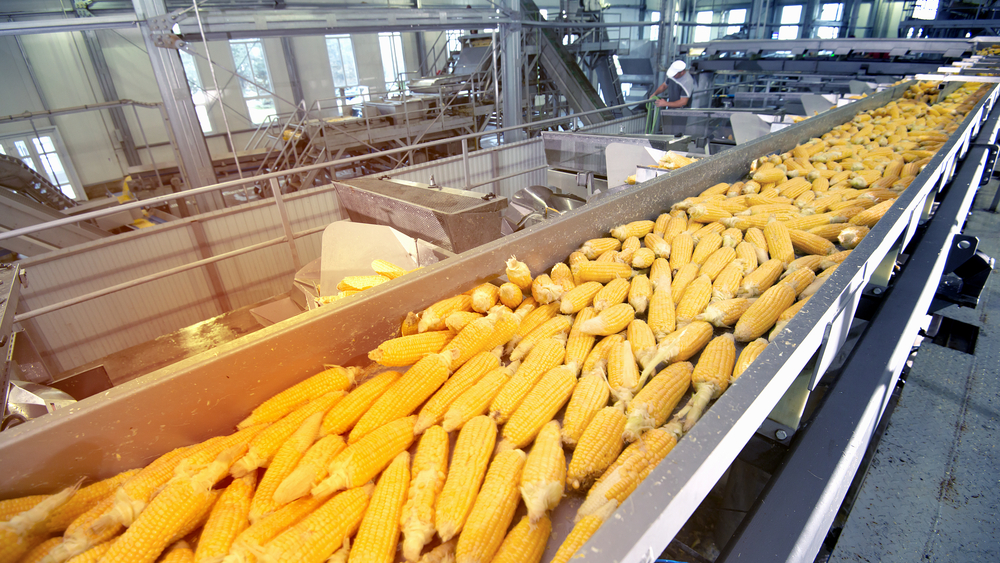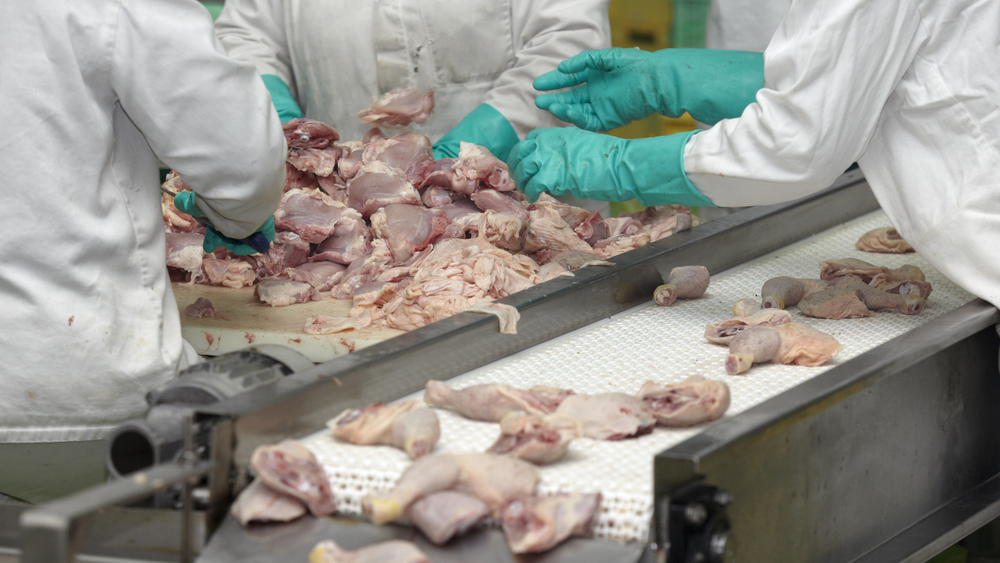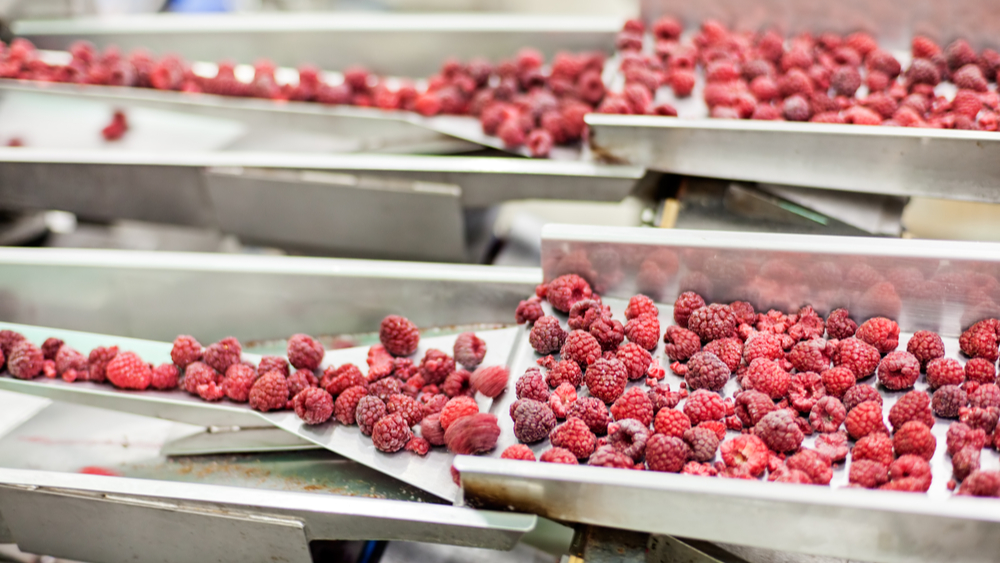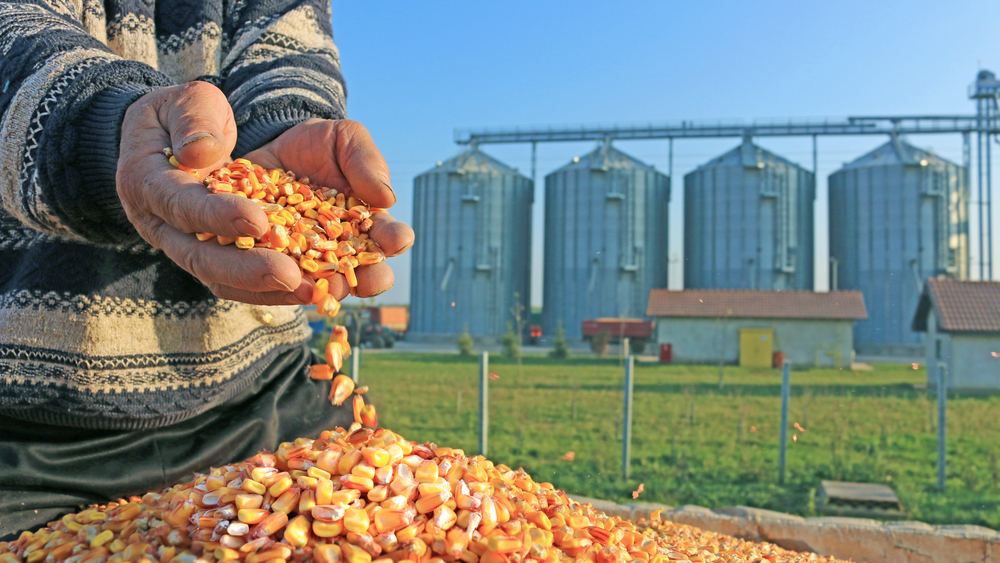Why inspection of fresh produce matters

Processing fresh produce poses a unique set of challenges that manufacturers must address, such as delicate handling and anti-stickiness. However, the most significant challenge that processors must incorporate into their operations is the efficient inspection of fresh food products.
Fresh produce is subject to a variety of potential contaminants before reaching the production line. If these contaminants are not identified and removed before they arrive in the hands of customers, consumer safety could be compromised and the manufacturer’s reputation seriously damaged.
It is therefore essential that every fresh produce processor ensures they have appropriate inspection systems in place in their plant. We explain in this blog why thorough inspection of fresh food matters is of paramount importance and the benefits to manufacturers of installing the correct equipment.
- Reduced contamination
- Enhanced customer safety
- Meeting compliance standards
- Increased productivity
- Ensure accurate labelling
- Find the right solutions for your production line
Reduced contamination
All products are subject to the risk of contamination as they make their way through production. However, fresh produce is especially at risk due to the journey it takes, putting it in potential contact with several contaminants.
Fresh products, such as fruit and vegetables, are often grown on farms and other outside spaces. This means they are susceptible to the likes of dirt, stone, insects and pesticides. Similarly, meat products fall under the ‘fresh’ umbrella, where bones pose a risk to consumers.
As they are harvested and moved along the process, these goods then become subject to contamination from plastic, glass and metal, perhaps as a result of broken transportation containers, damaged machines and user error.
One extreme case of contamination was the 2018 Australian strawberry scare, which saw needles inserted into fresh strawberries – with some affected punnets ending up on the shop floor. The scandal put the spotlight on the importance of product inspection and highlighted the vulnerability to tampering of fresh produce in particular.
With the possibility of so many forms of contamination affecting fresh food produce, it is vital to have comprehensive inspection processes in place, in combination with overall good hygiene in the plant, to reduce the risk and remove contaminants before products go out to customers.
It also means finding systems that offer protection against all the possible contaminants that may affect your applications – whether it be checkweighers, metal detectors, x-rays or a combination of inspection equipment.
Enhanced customer safety

Each of the contaminants outlined above has the ability to impact your customers. At one end of the scale, the presence of contamination such as dirt and insects will deter consumers from purchasing from your brand in the future and lead to complaints. At the other, it could present a severe health hazard to consumers.
The dangers of bacterial contamination in food are particularly well-publicised. In 2019, six people died in the UK as a result of pre-packed chicken sandwiches, infected with listeria, being sold at NHS hospital trusts. The company that had unknowingly produced the sandwiches, North Country Cooked Meats, received poor publicity and later collapsed. This shows the potentially disastrous consequences of producing unsafe products – on the public and businesses alike.
The COVID-19 pandemic has heightened public awareness of food safety, with consumers increasingly worried about where their food has come from and how it has been handled – so it is essential that processors control their produce safely and undertake the best checks possible to reduce the risk of any potential contamination.
Similarly, physical contaminants harm the safety of consumers through choking and injury. There is also the potential for allergic reactions in the event of cross-contamination of products (for example, if nuts are processed in your factory), which again carries the risk of death and has become an increasing point of scrutiny.
In any event, a product that negatively affects the health of any consumer leads to public backlash, damaged reputation and even costly lawsuits. Inspection, as well as responsible handling and adequate cleanliness, reduces the risk of such situations to the benefit of businesses – and consumers.
Meeting compliance standards
As consumers become more concerned about what they are eating, rigorous industry regulations, such as those set out by the Food Standards Agency, give food producers a benchmark for how they should process food. Every manufacturer has a responsibility to uphold the standards that apply to their products. In the current age, these also extend to government coronavirus guidelines.
Any business that does not meet the required standards faces failed inspections, fines, legal issues and closure. They will also be subject to a negative reputation, poor publicity and likely falling sales as a result.
To meet food safety standards, food manufacturers must do what they can to minimise the possibility of contamination in their workplace and reduce the risk of health hazards. Utilising the right type of inspection equipment will enable processors to meet the standards and play a vital role in supporting consumer safety. The presence of inspection equipment that produces real-time data also helps with traceability within your plant, showing what checks have been done and when.
By meeting the guidelines for health and safety, fresh produce manufacturers can show that they are fully compliant with the all-important safety regulations which mark their status as being reliable and trustworthy. With this, they will have a positive reputation and access to all the opportunities that come alongside it.
Increased financial results

As well as enhancing safety across your product ranges, practical inspection can boost your financial results.
A reduction in the risk of product recalls is one major advantage. Reports suggest 55% of consumers would switch brands following a product recall, indicating these carry a reputational risk as well as a high monetary cost. Having inspection practices in place will allow you to identify and eliminate contaminants before your products are ready to be delivered to customers. Taking such precautions minimises the risk of product recalls and results in reduced wastage – helping you to keep a lid on costs and boost your bottom line.
Having the right inspection processes in place also helps with the smooth running of production lines. Certain contaminants, such as hard materials like stone, could cause damage to your machinery, as well as restrict the flow of products by changing the weights and consistencies. In some cases, this may result in increased wear-and-tear on your line, a more frequent need for repairs and longer periods of costly production downtime.
Inspection will also allow you to determine any faults in your production line. If you are seeking contaminants, there will be a source for this – such as broken machines, the plant environment, employee error or other external factors. Inspection will help you to identify the contaminant, locate its source and address the situation before the issue worsens. This will allow you to analyse flaws in your production line and optimise its efficiency.
With less waste and production issues, your plant will benefit from higher productivity, increased output and better return on investment from your systems. All this adds up to increased profitability, enabling your business to grow and build up financial reserves.
Ensure accurate labelling
When selling fresh produce, as with any food product, all items must be labelled correctly in line with food and consumer standards.
The labels on these products must be accurate to maintain compliance and keep customers reliably informed about what they may be consuming. Inspection enables producers to ensure that only what should be contained in the product is present, as well as adhering to the weights outlined on packaging.
Accurate labelling is particularly vital in detailing the ingredients in a product, so that customers are aware of potential allergens. Inspection should help you to identify unwanted cross-contamination between lines, preventing unwanted allergens entering produce.
With accurate labels, checked by appropriate inspection measures, you will maintain compliance and reduce the risk of consumer safety compromises by ensuring they are reliably informed about what is in your goods.
Finding the right inspection system for you

Successful inspection carries significant advantages for food processors – particularly those handling fresh food, which is susceptible to increased levels of contamination and higher levels of consumer concern.
The installation of the correct inspection equipment helps manufacturers meet their duty of care and responsibility to protect the health of their customers.
Setting up appropriate inspection processes in your workplace means identifying the requirements of your lines. For example, what might the common contaminants be in your fresh produce applications and what systems will work best at eliminating them?
Innovation and technology mean there are now many solutions available to manufacturers, tailorable to the needs of their line and the contaminants they need to address. This includes checkweighers, metal detection and x-ray systems. The key is finding the best selection for your production line and implementing it into your daily operations.
At Yamato, we offer a range of inspection systems to allow you to introduce efficient processes into your plant. As a result, you will reap the benefits of increased productivity, enhanced workplace safety, better customer safety and a positive reputation as a fresh food processor.
Our team of experts are on hand to discuss your requirements and help you determine the right solution for your line.

